The Maldives, a tropical paradise renowned for its pristine beaches, crystal-clear waters, and vibrant marine life, is facing an existential threat. Rising sea levels, driven by climate change, are slowly but surely swallowing this island nation. For travelers seeking to experience its unparalleled beauty, the clock is ticking. The Maldives may soon become a memory, a postcard from a world that no longer exists.
The Sinking Reality
The Maldives is the lowest-lying country in the world, with an average elevation of just one meter above sea level. Scientists predict that by the end of this century, much of the archipelago could be submerged. The Intergovernmental Panel on Climate Change (IPCC) has repeatedly warned that without drastic reductions in carbon emissions, the Maldives and other low-lying nations will face irreversible damage. For locals, this isn’t just an environmental issue—it’s a fight for survival.
Erosion has already begun reshaping the coastline. Some islands have lost significant portions of their landmass, forcing residents to relocate. The government has invested in artificial islands and seawalls, but these are temporary solutions. The truth is stark: the Maldives is on borrowed time.
A Dying Paradise
What makes the Maldives so special is also what makes it so vulnerable. Its coral atolls, formed over millennia, are home to some of the most biodiverse ecosystems on the planet. The reefs, teeming with life, attract divers and snorkelers from around the world. But coral bleaching, caused by rising ocean temperatures, is killing these underwater wonderlands. The vibrant colors are fading, and with them, the livelihoods of those who depend on tourism.
The Maldivian culture, deeply intertwined with the sea, is also at risk. Traditional fishing practices, passed down through generations, are becoming unsustainable as fish stocks dwindle. The very identity of the Maldivian people is under threat. For travelers, this isn’t just about visiting a beautiful destination—it’s about witnessing a way of life that may not survive the next few decades.
Why You Should Go Now
If you’ve ever dreamed of visiting the Maldives, there’s no better time than the present. Resorts are adapting to the changing environment, offering eco-friendly accommodations that minimize their carbon footprint. From overwater bungalows to underwater restaurants, the luxury experiences here are unmatched. But beyond the opulence, the real magic lies in the untouched corners of the archipelago—the uninhabited islands, the local villages, and the sense of serenity that comes from being surrounded by endless ocean.
Snorkeling or diving in the Maldives is like stepping into another world. Swimming alongside manta rays, whale sharks, and sea turtles is an experience that few other places can offer. The sheer abundance of marine life is staggering, but it’s also fragile. Every visit is a reminder of what we stand to lose.
The Ethical Dilemma
Traveling to the Maldives isn’t without its ethical considerations. Tourism is a double-edged sword—it brings much-needed revenue but also contributes to the environmental strain. The carbon footprint of flying to a remote island nation is significant, and the infrastructure required to support luxury resorts often comes at the expense of local ecosystems.
However, responsible travel can make a difference. Choosing eco-conscious resorts, supporting local businesses, and being mindful of your environmental impact can help mitigate some of the damage. The Maldives needs visitors who care, who understand the urgency of the situation, and who are willing to advocate for change.
A Final Call to Action
The Maldives is a stark reminder of the consequences of climate change. It’s a canary in the coal mine, a preview of what could happen to coastal communities worldwide. Visiting now isn’t just about ticking a destination off your bucket list—it’s about bearing witness to a disappearing world.
So pack your bags, book your flight, and see the Maldives while you still can. But when you return home, don’t forget what you’ve seen. The fight to save the Maldives isn’t over, and it’s not just their battle—it’s ours too.

By /Aug 5, 2025

By /Aug 5, 2025
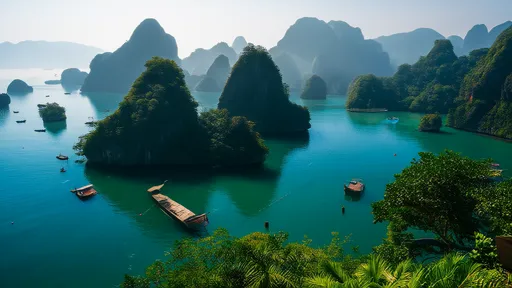
By /Aug 5, 2025

By /Aug 5, 2025

By /Aug 5, 2025
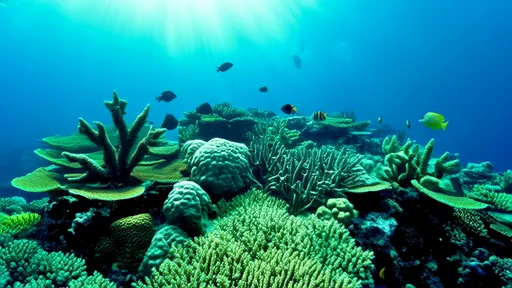
By /Aug 5, 2025
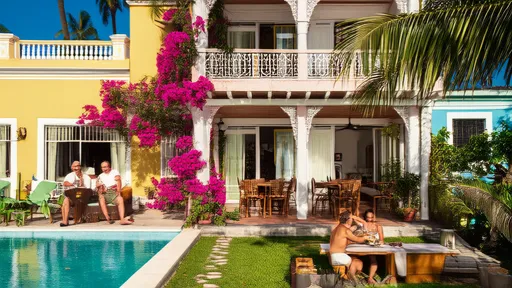
By /Aug 5, 2025
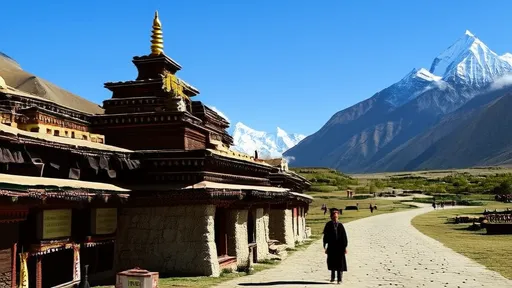
By /Aug 5, 2025

By /Aug 5, 2025
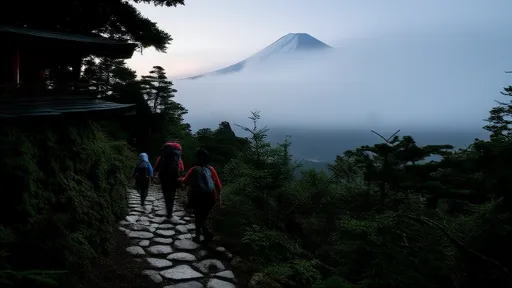
By /Aug 5, 2025

By /Aug 5, 2025
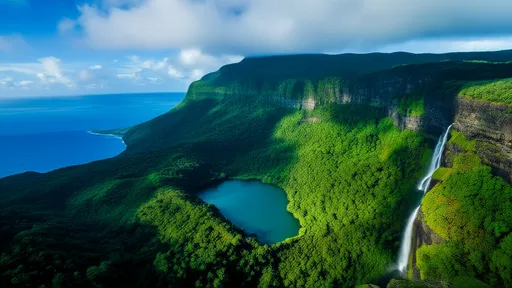
By /Aug 5, 2025
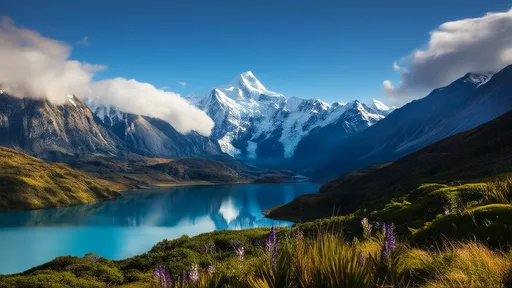
By /Aug 5, 2025
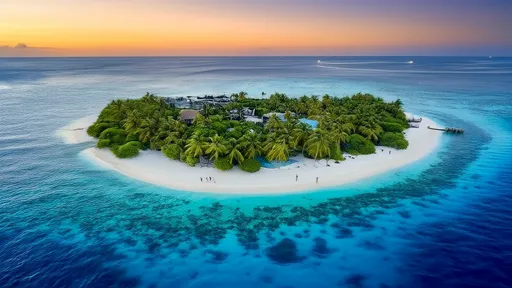
By /Aug 5, 2025
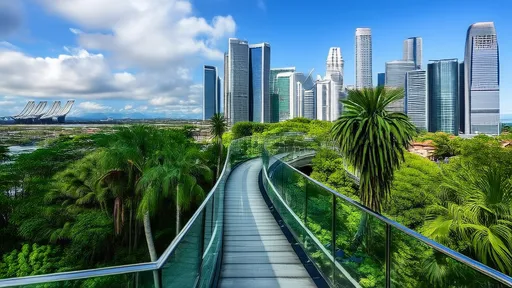
By /Aug 5, 2025

By /Aug 5, 2025

By /Aug 5, 2025
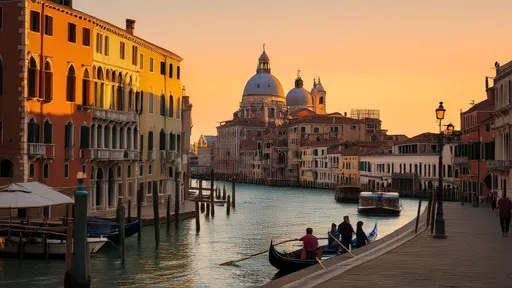
By /Aug 5, 2025
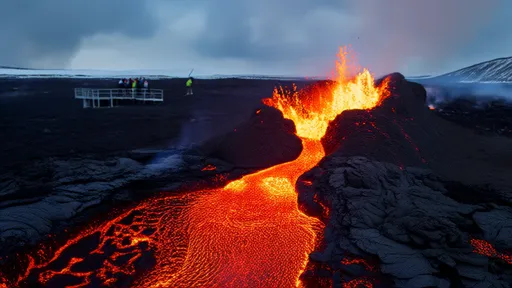
By /Aug 5, 2025

By /Aug 5, 2025